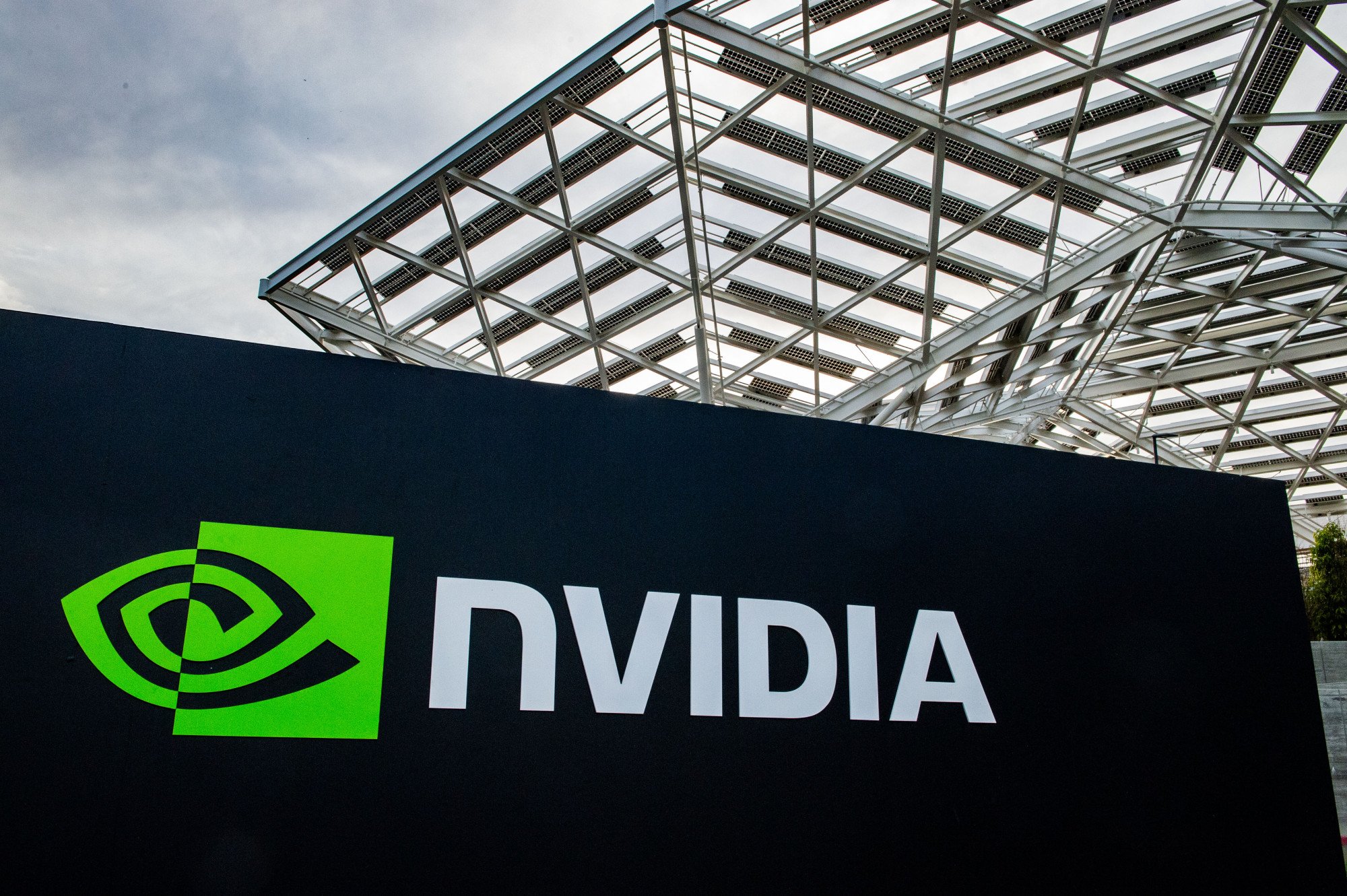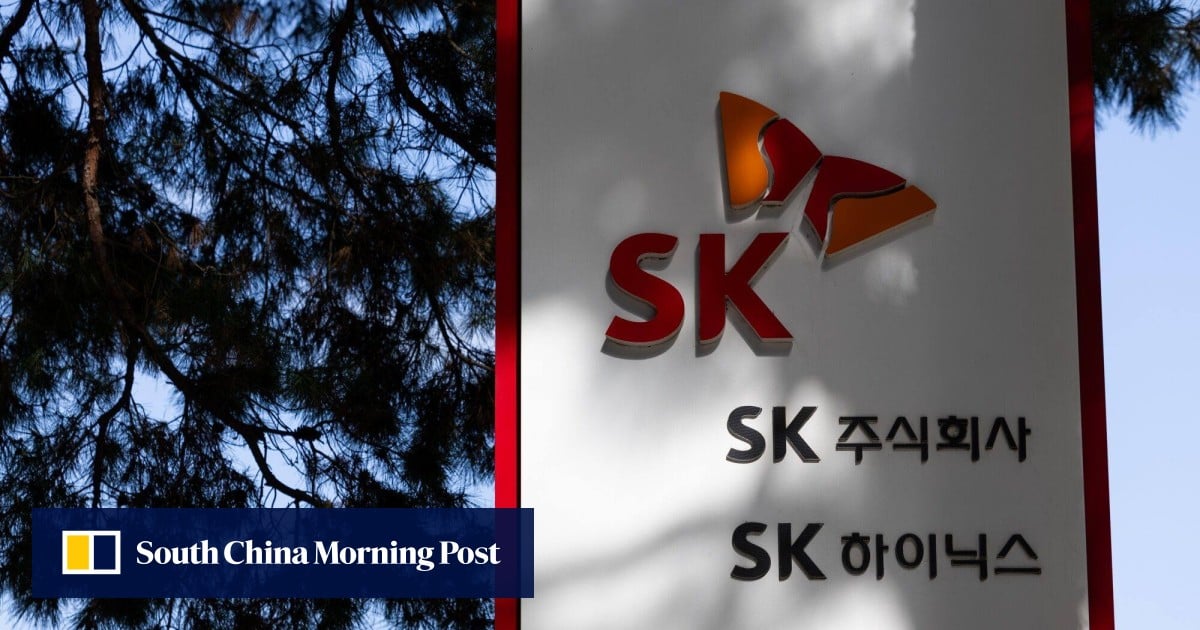SK Hynix said it expects a full recovery in the memory market after artificial intelligence (AI) demand spurred the chip maker to log its fastest pace of revenue expansion since at least 2010.
Sales at the world’s No 2 maker of memory more than doubled to a bigger-than-expected 12.4 trillion won (US$9 billion) in the March quarter. Operating income was 2.89 trillion won, far outperforming estimates for a profit of 1.8 trillion won. It was the company’s second-highest first-quarter operating profit on record.
“This is a clear turnaround and the start of a record-breaking year for SK Hynix,” said Tom Kang, director at Counterpoint Research, adding that he expects the company to hit revenue of almost 61 trillion won and a profit margin of more than 20 per cent this year.

SK Hynix’s HBM capacity is fully booked for this year and the company needs new factories to keep up with the demand, he said.
The Icheon, South Korea-based firm is reporting days after Texas Instruments gave a bullish revenue forecast for the current quarter, indicating that a slump in demand for industrial and automotive components may be easing.
Bigger rival Samsung Electronics’ preliminary operating profit showed a sharp rebound in the first quarter, while Micron Technology last month also gave a strong sales forecast.
SK Hynix, which in December became South Korea’s second-most valuable company, is the leader in the high-bandwidth memory that works alongside Nvidia’s AI accelerators.
Earlier this week, SK Hynix announced a plan to invest some US$15 billion in South Korea to meet rapidly growing demand for such high-end chips, which it expects to grow 60 per cent per annum.
That spending underscores how it is locked in a global race to supply components essential to creating generative AI services.
The boom in artificial intelligence is also helping lift the broader market. SK Hynix’s shares have gained 27 per cent this year as investors bet AI and a recovery in global IT spending will push the memory market out of a years-long slump.
Strong demand for AI server products is helping to bolster prices of DRAM, while demand for enterprise solid-state drives helped NAND log a “meaningful turnaround”, the company said.

